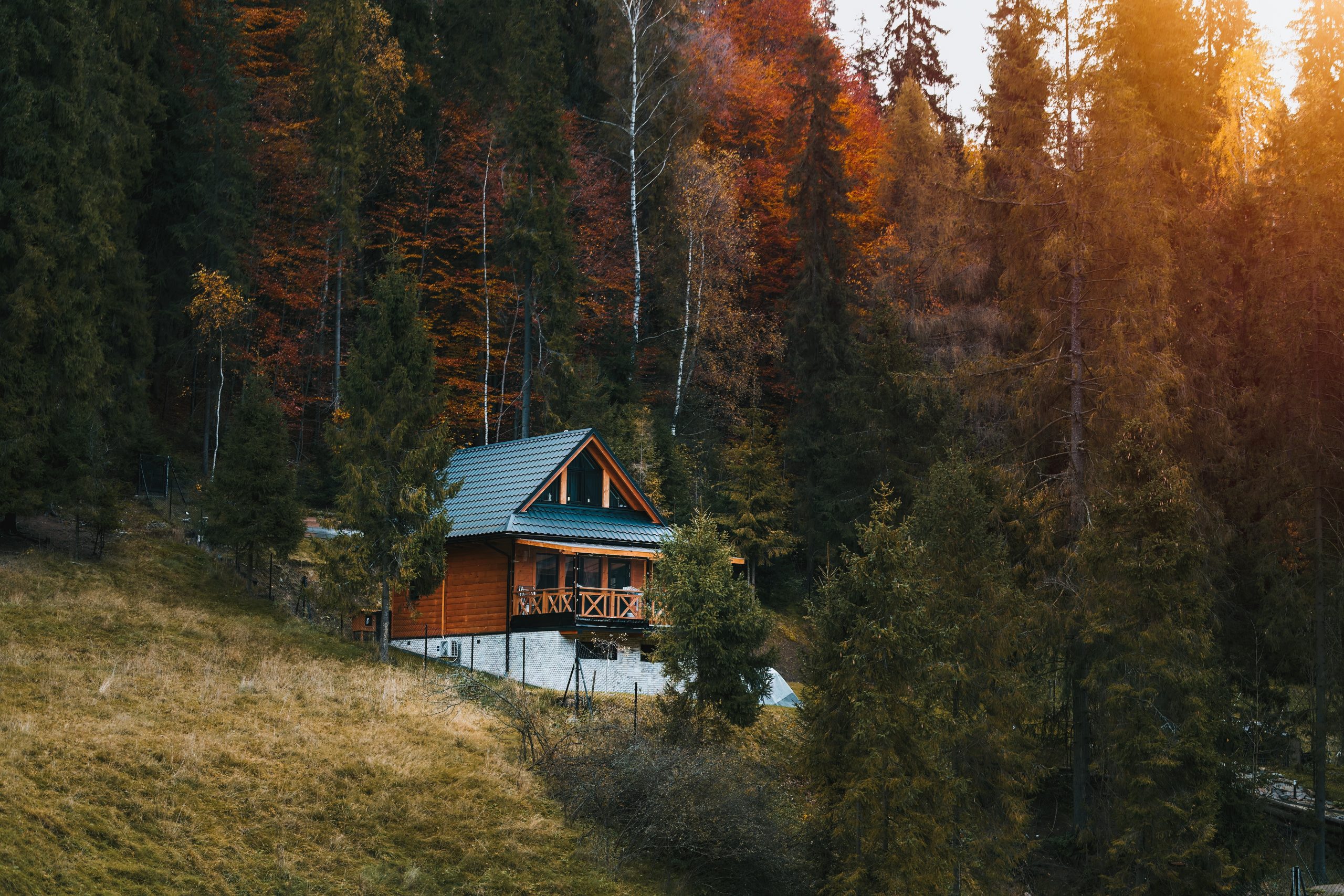Living off-grid offers a rewarding lifestyle that promotes independence, sustainability, and a closer connection to nature. However, maintaining an off-grid home requires a proactive approach to ensure that essential systems like power, water, and waste management function smoothly. Whether you’re new to off-grid living or looking to improve your existing setup, here are some practical tips, tricks, and insights to help you maintain an efficient and comfortable off-grid home.
1. Regularly Inspect Your Solar Panels and Energy Systems
For most off-grid homes, solar power is the primary energy source. Keeping your solar panels and batteries in top condition is essential for reliable electricity.
Tip: Clean your solar panels regularly to ensure they operate at peak efficiency. Dirt, dust, leaves, and snow can reduce the amount of sunlight absorbed, leading to lower energy production. Cleaning your panels every few months—or more frequently if you live in a dusty or snowy area—will help maximize energy output.
Trick: Monitor your energy consumption and storage levels using a solar power monitoring system. Many modern solar setups come with apps or inverters that track energy production and usage in real time. This helps you spot any irregularities and make adjustments before they become serious issues.
Insight: Batteries are the backbone of your off-grid power system. Check battery levels and health regularly, and ensure proper maintenance based on the type of battery you have (lithium-ion, lead-acid, etc.). Replace batteries when needed to avoid power outages.
2. Manage Water Usage and Collection
Water is a crucial resource in an off-grid home, and managing it effectively is key to maintaining a self-sufficient lifestyle. Many off-grid homes rely on rainwater collection systems, wells, or nearby water sources.
Tip: Regularly inspect your rainwater collection system to ensure gutters, filters, and tanks are clean and functioning correctly. Keeping your collection system clear of debris will ensure you collect the maximum amount of water and maintain water quality.
Trick: Invest in water-saving devices like low-flow showerheads, faucets, and composting toilets. These systems minimize water waste and ensure your water supply lasts longer, especially during dry seasons.
Insight: If you rely on a well, install a solar-powered water pump to ensure a steady water supply without using excess electricity. You can also consider water purification systems like UV filters or reverse osmosis to ensure your drinking water is safe.
3. Maintain Your Off-Grid Heating and Cooling Systems
Off-grid homes often rely on alternative heating and cooling systems like wood stoves, solar heaters, or passive cooling techniques to regulate indoor temperatures.
Tip: If you use a wood stove for heating, clean the chimney and flue annually to prevent creosote buildup, which can cause dangerous chimney fires. Regular maintenance ensures that your stove operates efficiently and safely during colder months.
Trick: Utilize passive solar design techniques to keep your home warm in the winter and cool in the summer. Installing awnings, planting shade trees, or using reflective window coverings can reduce the need for mechanical cooling and heating, cutting down on energy use.
Insight: Consider installing a solar water heater or a biomass system to heat water for your home. These systems use renewable energy sources, reducing your reliance on electricity or propane for hot water.
4. Monitor and Maintain Your Septic System
Off-grid homes typically use septic systems for waste management, which require regular maintenance to function properly and avoid costly repairs.
Tip: Have your septic system inspected and pumped every 3 to 5 years to prevent backups and system failure. Regular maintenance ensures that your system continues to handle household waste effectively without harming the environment.
Trick: Use eco-friendly cleaning products and avoid flushing items like wipes, grease, or chemicals that can clog or damage your septic system. These materials can interfere with the natural breakdown process in the septic tank.
Insight: Plant grass or shallow-rooted plants over your septic drain field to help absorb excess moisture. Avoid planting trees or shrubs with deep roots near the drain field, as their roots can damage the pipes.
5. Stay Prepared with Backup Systems
Off-grid living can be unpredictable, so having backup systems in place is essential for maintaining comfort and security.
Tip: Invest in a backup generator for times when your solar or wind power system isn’t producing enough energy. A propane or diesel generator can provide emergency power during long periods of cloudy weather or equipment failure.
Trick: Keep a stockpile of essential supplies like firewood, candles, water, and non-perishable food in case of power outages or extreme weather conditions. Being prepared will help you stay comfortable during unexpected disruptions.
Insight: Consider installing a small wind turbine or hydroelectric system to complement your solar power setup. This hybrid approach ensures a more reliable energy supply by tapping into multiple renewable resources.
